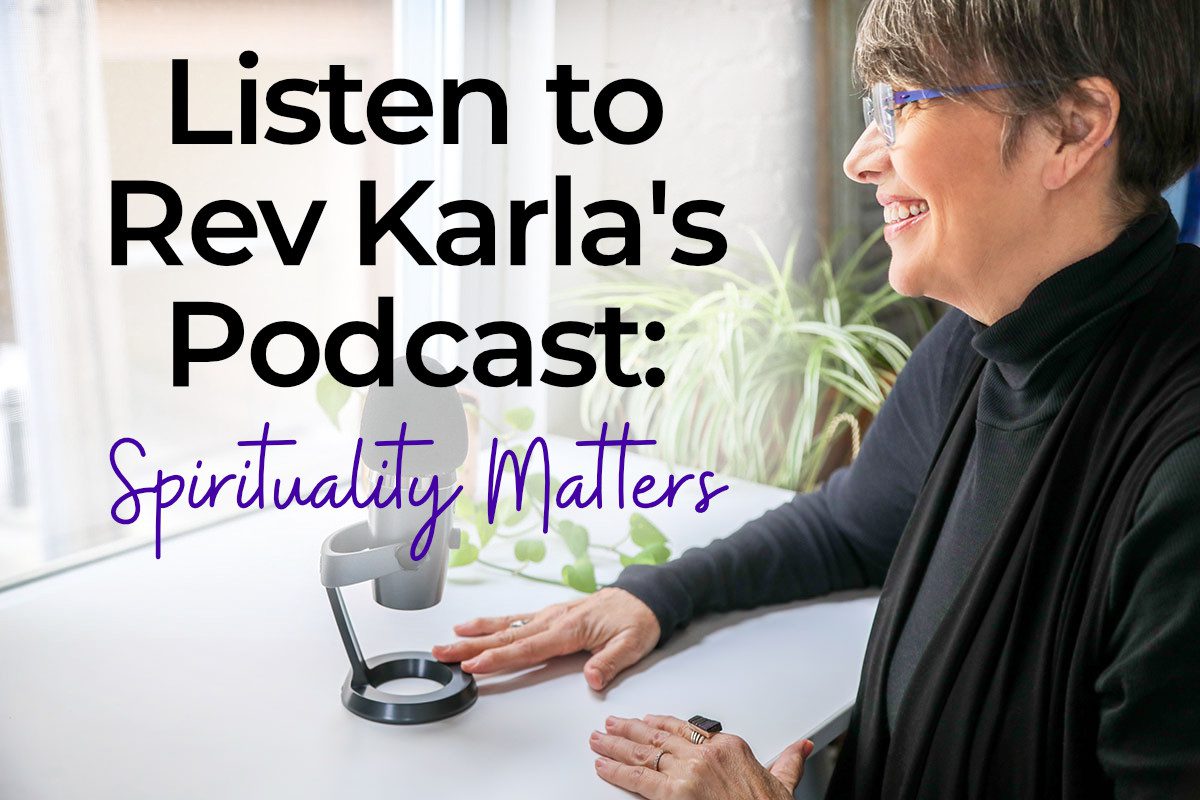Can We Truly Be Better Angels?
I imagine President Lincoln hunched over his desk, penning his inauguration speech that he would deliver to an extremely divided nation. As he wrote, he must have contemplated the importance of his words in fending off the threat of civil war and appeasing the fears of the people.
Seven southern states had already seceded from the Union and his presidential victory was far from a landslide. The number of people who voted for the candidate who would have galvanized slavery into America’s future was high enough to put him in second place, giving Lincoln only 40% of the popular vote.
Lincoln was a gifted writer, evidenced by one of his most powerful speeches—the Gettysburg Address. He routinely revisited his work, rewriting to clarify and soften the edges of tenuous points. Perhaps understanding the gravity of his first address to the nation after being elected President, Lincoln asked his Secretary of State, William Seward, to read it and provide edits. Seward returned with 49 edits, some of which Lincoln accepted and others he rejected.
The final sentence of this speech is cemented as some of his most profound and inspirational words..
"The mystic chords of memory, stretching from every battlefield and patriot grave, to every heart and hearth-stone, all over this broad land, will yet swell the chorus of the Union, when again touched, as surely they will be, by the better angels of our nature."
Although they are memorialized as Lincoln’s own words, they actually originated from Seward’s edits to his original speech. Lincoln, however, made a significant change to Seward’s final sentence that, had it not been made, may have lost its impact.
Seward had written, …”as surely they will be, by the guardian angel of the nation,” which Lincoln had rewritten to say “the better angels of our nature.”
Did you feel that shift? It’s subtle but must not be missed. What Seward had written invoked an outside spiritual force that implied that no matter the challenges faced in America, a higher power surrounded the nation with a blanket of covering. This perspective—or more accurately, belief—is not surprising. In a country where Christianity was the primary religion, the protection of guardian angels would have been welcomed by those listening to the President's speech.
The belief in angels extends beyond organized religion. There is an array of perspectives on the power and hierarchical structure of the angelic realm. It is said that these spiritual beings differ from the human soul. They may be here for specific reasons, especially the archangels who wield even more power and are viewed as leaders of all angels.
This belief made Seward’s notion that guardian angels were protecting the US comforting to a country facing civil war.
Lincoln, however, shifted the responsibility of the “mystic chords of memories” to the American citizen. The point he made was clear—guardian angels protect the physical vessel in which the soul resides, but our better angels protect our destiny.
He used symbolic language to invoke a sense of responsibility to do what is moral—and spiritually—right.
Our better angels live by the words of John Wesley*,, “Do all the good you can, in all the ways you can, to all the souls you can, in every place you can, at all the times you can, with all the zeal you can, as long as ever you can.”
The better angel isn’t silenced by ego. It isn’t locked away inside us so it has little chance of influencing the decisions we make. It bypasses the wounds of our inner child which say nothing matters but ensuring we are never harmed again.
The better angel is a reflection of Universal and Divine love. It is the purest essence of our souls that affirms our oneness with the Holy is as close to us as our next breath.
This better angel is indeed as close to us as our next breath, because in its purest of forms—it is us. It is who we are without the weight of our life’s experiences.
Lincoln knew this. Lincoln also knew that to have the support to “do all the good you can,” even if that good meant war, he would need to bond those supporting him to something greater than himself.
And it worked. The sentiment in his inaugural speech has stood the test of time.
I’ll be the first to admit that my better angel has not always been the filter through which my decisions have passed. In some situations, my ego was loud, convincing me that my humanity was more important than another’s. I allowed my wounds to burst forth where threat did not exist and didn’t trust people who had no motive other than kindness.
Regardless of how we have silenced the better angel inside of us, it is still there, waiting for its chance to influence our decisions and become the catalyst for the good we can do in this world. The key is to recognize its presence. We don’t even have to know what good we can do.
We simply invite it to come forth and take the driver’s seat.
If that sounds nebulous or vague, take comfort in knowing your better angel will guide you toward work that elevates the human condition.
This is how “the better angels of our nature” protect our destiny.
And they are needed now.
They have been silent for far too long.
Come.
Let us invite our better angels to guide us in the challenges we now face to “do all the good we can, for as long as we ever can.”
Blessed be.
*There is debate if Wesley actually said these words verbatim. Research shows that he spoke iterations of this in sermons delivered. In one of those sermons, Wesley said, “Do all the good you can; in all the ways you can; to all the people you can; and just as long as you can.” Most scholars agree that these sermons are reflective of Wesley’s intent, making it appropriate to conclude he did indeed say this.


